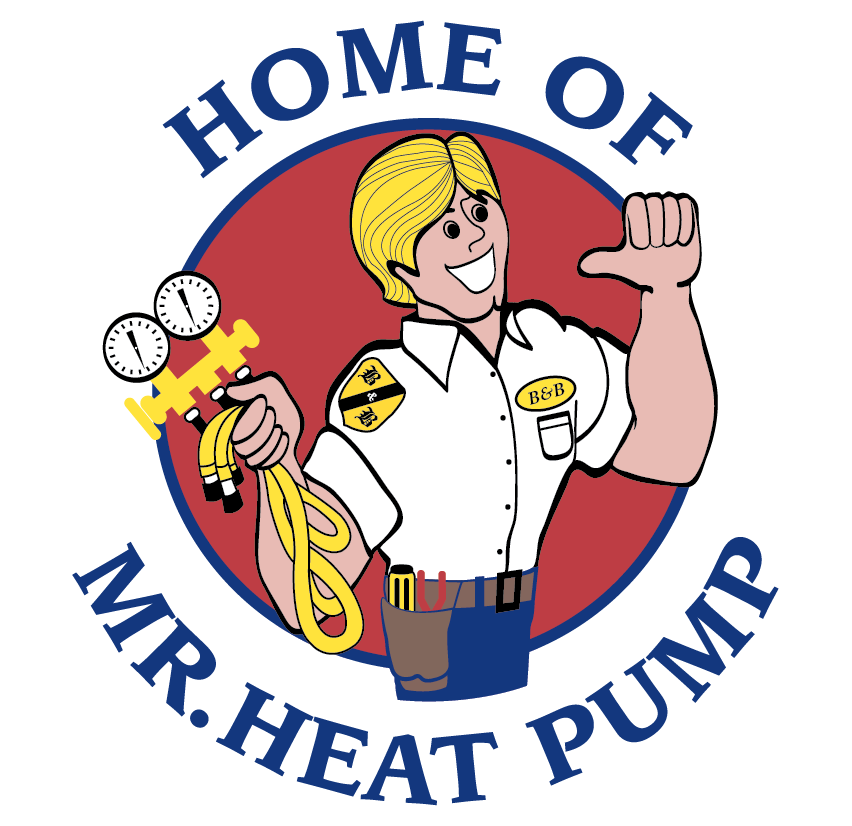Having ice on the evaporator coils inside of your air conditioner is a huge red flag that something is wrong. It’s easy to think that the ice itself is the problem, but it’s actually the result of something else being wrong inside of your air conditioner.
Any amount of ice, big or small, means that you need to schedule AC repair in Fairfax, VA. You can keep reading to learn more about why ice develops on your air conditioner’s evaporator coils and what our team can do to fix it.
Clogged Air Filter
The most common reason for ice developing on evaporator coils is for the air filter to be clogged. Your air filter is designed to capture dust and dirt while still allowing airflow to pass through. The fuller that your air filter gets, the less space there is among the fibers for air to pass through.
A clogged filter can block airflow into your air conditioner, making it harder to produce cool air to blow into your home. Without enough airflow in, there’s not enough airflow to blow over the coils and transfer heat. As a result, heat gets trapped in your air conditioning system, along with humidity. This leads to ice developing on the evaporator coils and further blocking cooling ability.
Bad Blower Motor
As you are reading, you will find that there is a theme of poor airflow when it comes to ice developing on evaporator coils. It’s possible that your air filter is just fine and you have plenty of airflow entering your HVAC system, yet the blower motor is not working well enough to push the air through. If the blower motor is not pushing the air through your HVAC system, you will have the same problem as is listed above.
System Blockages
Even with all of your HVAC components working well, you may have a blockage somewhere in the system that is preventing airflow. For example, if your outdoor air conditioning unit gets surrounded by debris or clogged with dirt, it cannot release heat outside of your home as it was designed to do. As a result, heat gets trapped in your home and releases into the air.
This can make the temperature inside warmer and the air more humid. Your air conditioner will continue to work hard at cooling your home, ramping up effort to combat this additional heat. Unfortunately, your air conditioner will not be able to keep up with this inefficient cycle and ice can develop on the evaporator coils as a result.
Short Cycling
When your air conditioner short cycles, that means it turns off before completing a cooling cycle all the way through only to turn back on again quickly over and over again. When it comes to a cooling cycle, first your air conditioner cools down air to blow out into your home. But another part of the cycle is removing heat and humidity from your air and releasing it outside.
When a cooling cycle doesn’t run all the way through, heat and humidity get trapped inside instead of releasing outdoors. The resulting humidity that can get trapped around your evaporator coils makes it more likely for ice to develop. During the cooling process, the humidity crystallizes into ice slowly over time. The layer gets thicker and thicker until you address it or the ice causes your AC to shut down completely.
B&B Air Conditioning & Heating Service. We are always there when you need us. Schedule an appointment today for air conditioner service.



